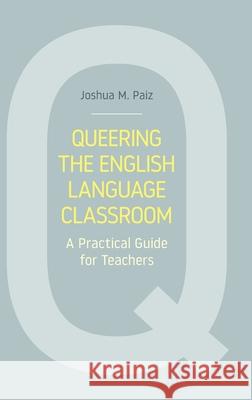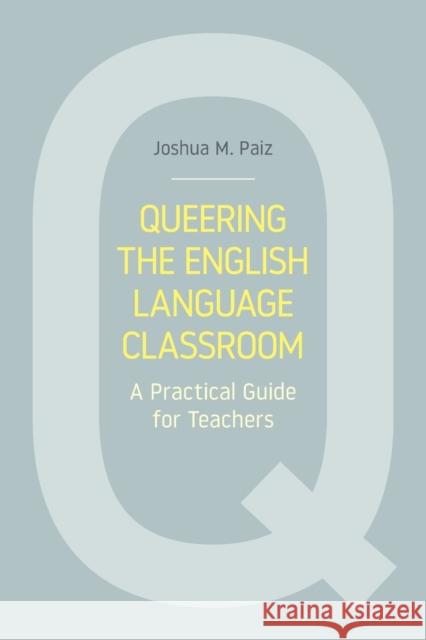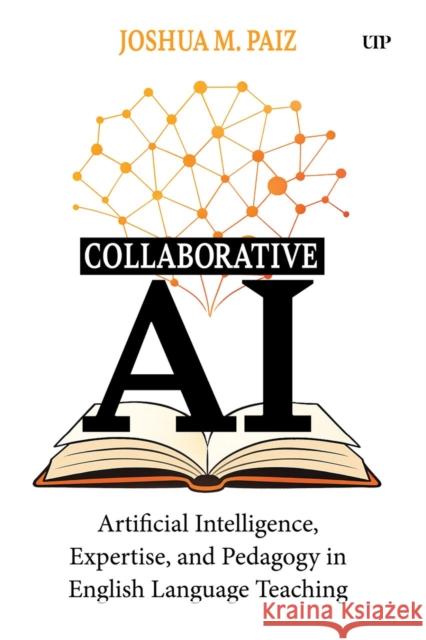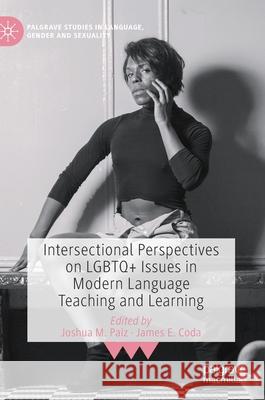topmenu
Wyniki wyszukiwania:
wyszukanych pozycji: 5
 |
Queering the English Language Classroom: A Practical Guide for Teachers
ISBN: 9781781797938 / Angielski / Twarda / 2020 / 160 str. Termin realizacji zamówienia: ok. 22 dni roboczych. |
cena:
365,09 |
 |
Queering the English Language Classroom: A Practical Guide for Teachers
ISBN: 9781781797945 / Angielski / Miękka / 2020 / 160 str. Termin realizacji zamówienia: ok. 22 dni roboczych. |
cena:
160,64 |
 |
Collaborative AI: Artificial Intelligence, Expertise, and Pedagogy in English Language Teaching
ISBN: 9781049800257 / Angielski Termin realizacji zamówienia: ok. 22 dni roboczych. |
cena:
136,25 |
 |
Artificial Intelligence, Real Teaching: A Guide to AI in ELT
ISBN: 9780472039920 / Angielski Termin realizacji zamówienia: ok. 30 dni roboczych. |
cena:
66,36 |
 |
Intersectional Perspectives on LGBTQ+ Issues in Modern Language Teaching and Learning
ISBN: 9783030767785 / Angielski / Twarda / 2021 / 288 str. Termin realizacji zamówienia: ok. 16-18 dni roboczych. |
cena:
724,58 |










